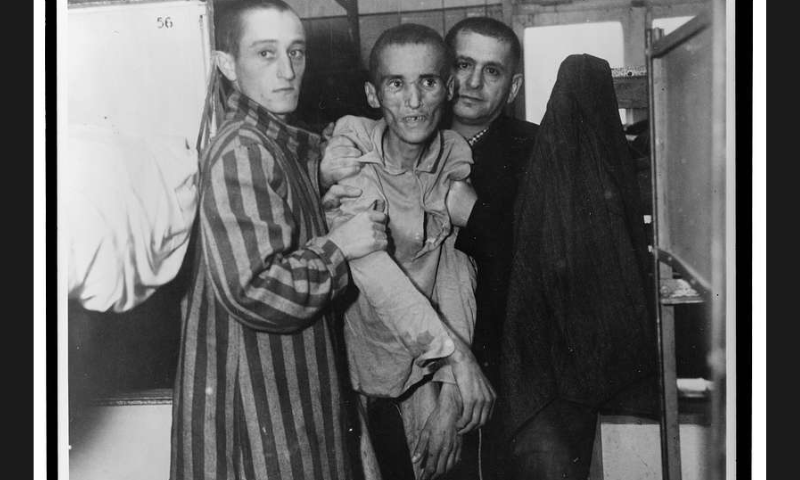Dara Horn
The Atlantic, Sept. 16, 2022
“Is it America’s responsibility to welcome all immigrants, or at least those in obvious danger? This moral question animates the series until it abruptly becomes irrelevant.”
Many works of history are much less about the past than they are about the present. People contemplate past events to understand current problems, and in today’s fractured America, the Civil War would surely be a resonant topic for an eminent documentarian to explore. But Ken Burns has been there and done that. Instead, in our bifurcated country, where the past is relitigated daily in state legislatures and school-board meetings, Burns and his longtime co-producers, Lynn Novick and Sarah Botstein, will return to PBS this Sunday with a six-hour, three-part miniseries. They’re taking on the one history lesson that all but the most repugnant Americans can still agree on: Nazis are bad.
It’s rather dismal that this lesson bears repeating, but apparently it does—especially now, when fascist-leaning rhetoric from both everyday losers and world leaders is often treated as just another edgy meme. Burns and his colleagues, however, remind us of the true stakes of that discourse. Their excellent project, which should be required viewing for all Americans, is about not just the Holocaust, but the U.S. and the Holocaust—an apt title for a series that looks squarely at this country’s record of apathy at best, and malevolence at worst, toward the victims of genocide. It confronts a topic that many Americans of every political strip prefer to avoid: responsibility.
The question of American bystanderism during the Holocaust is well-trod territory among historians, dating at least to Arthur Morse’s 1968 book, While Six Million Died, and likely heartily debated even earlier. What’s new in recent years is the death of several baseline public assumptions that once guided postwar American life: that America is invariably a force for good, that anti-Semitism died in the Holocaust, and that democracy always wins. With the erosion of those ideas, The U.S. and the Holocaust reveals a dark perspective on democracy’s limits—perhaps even darker than the producers intended.


